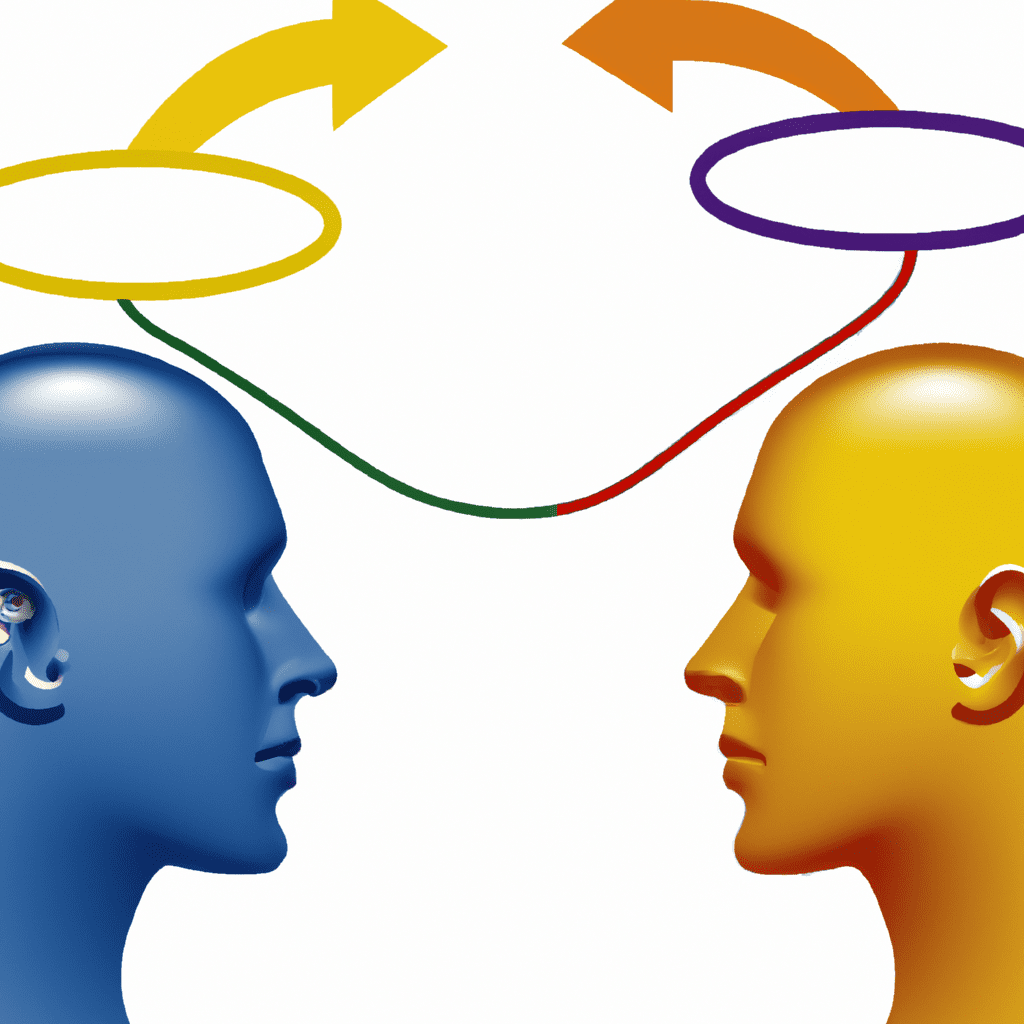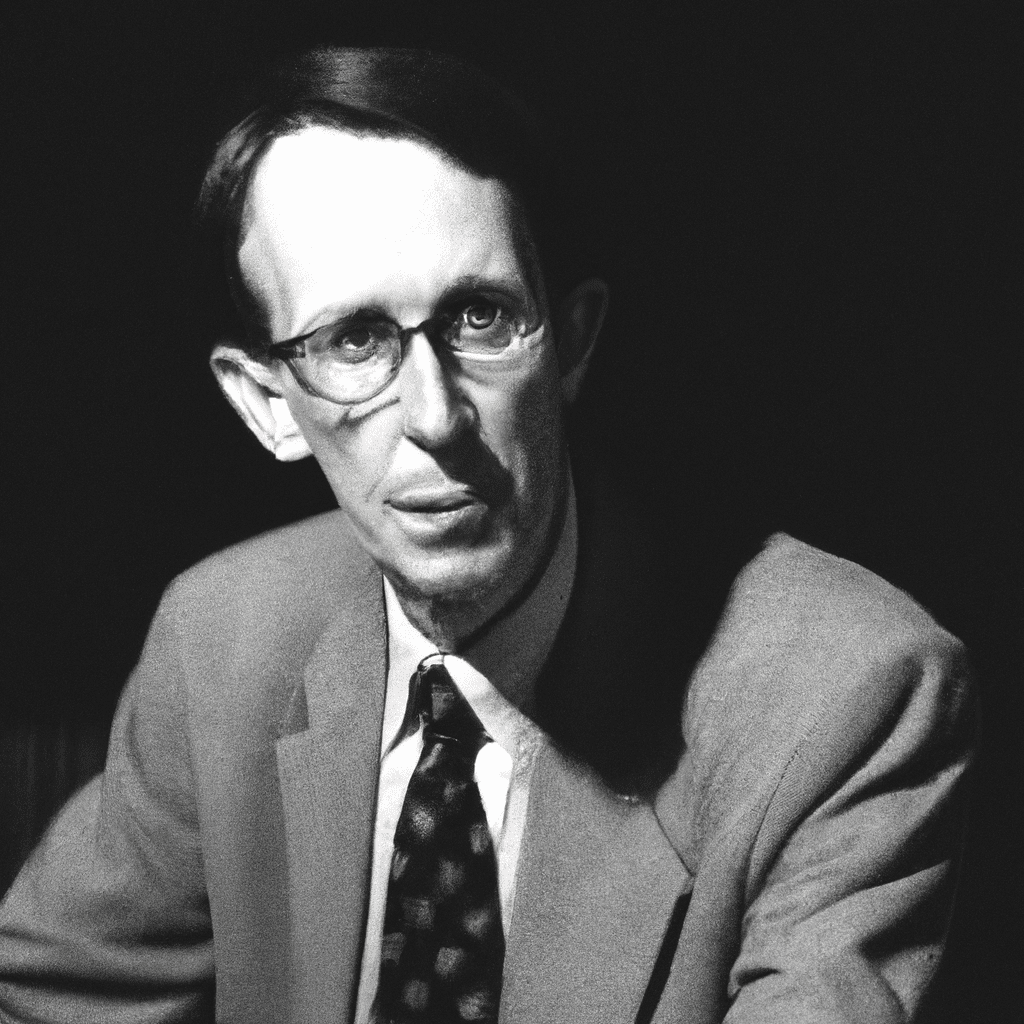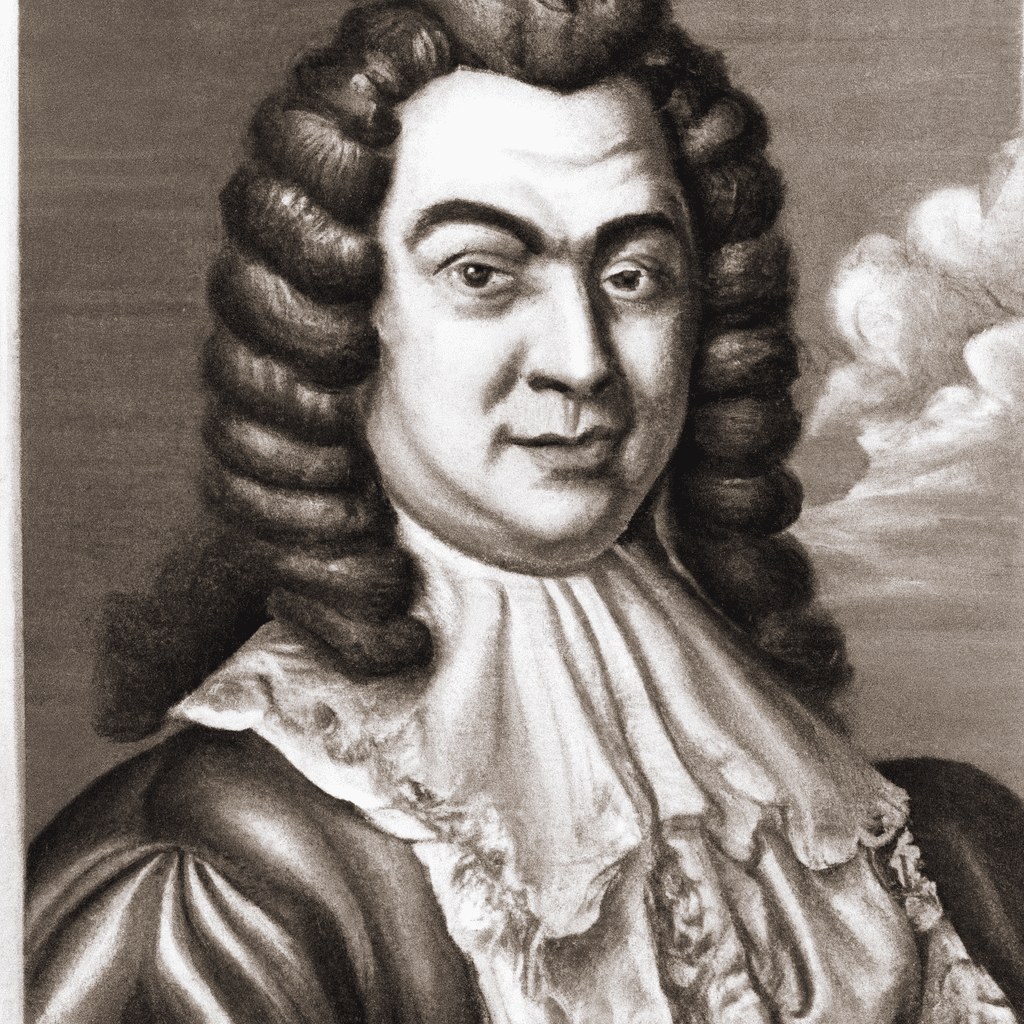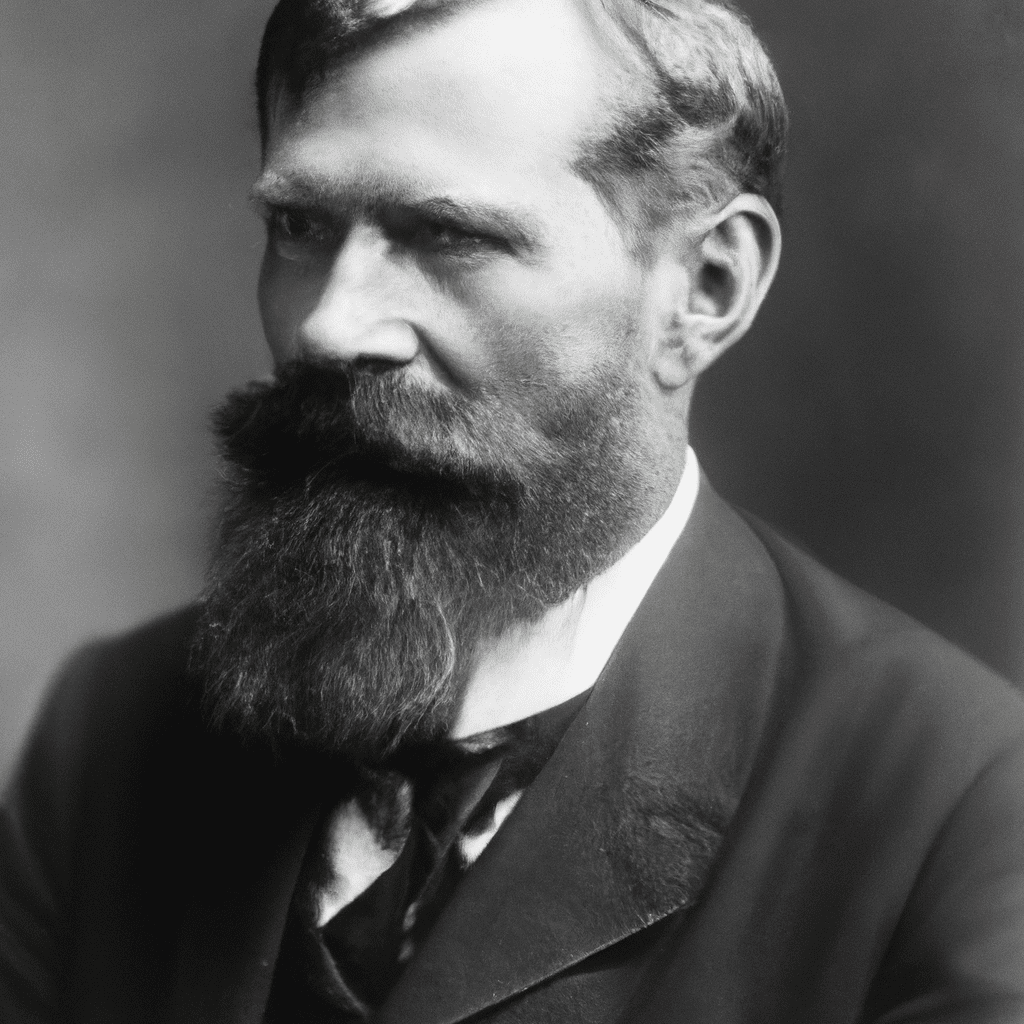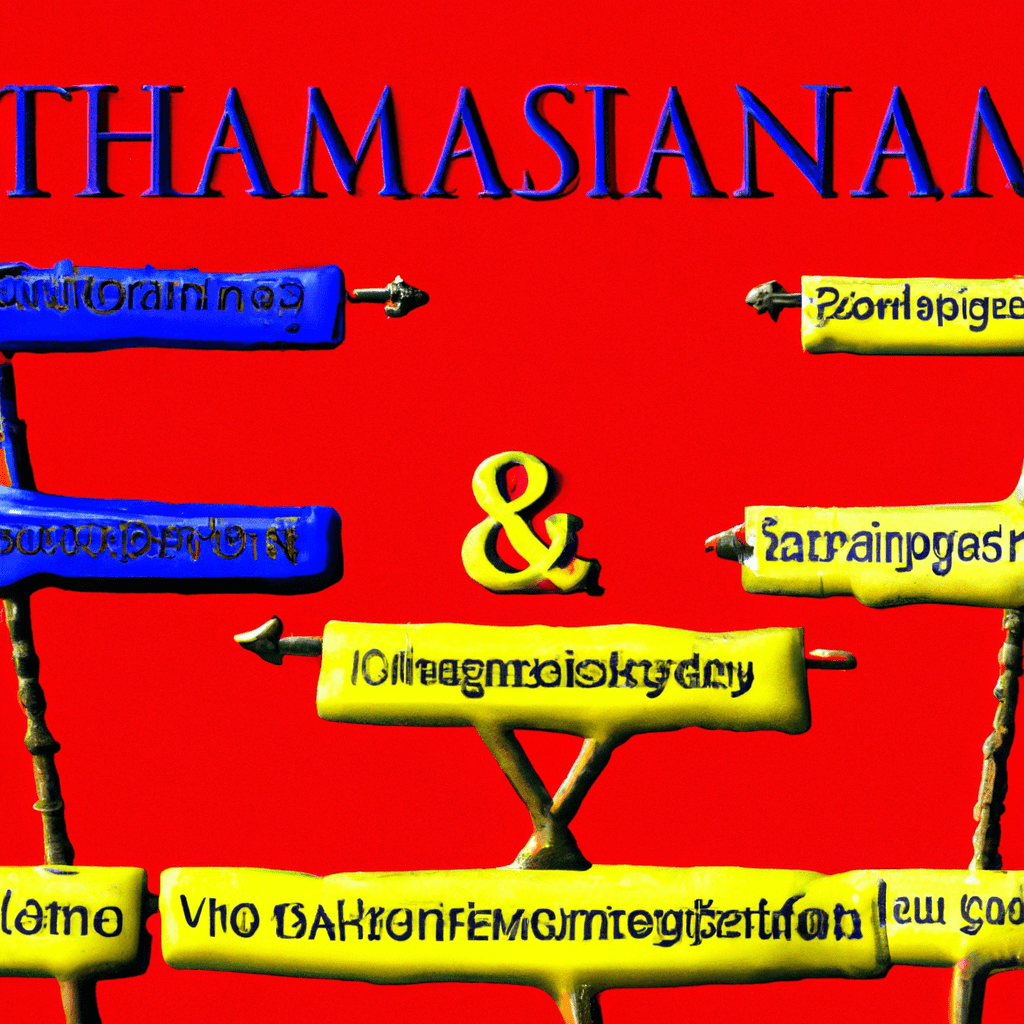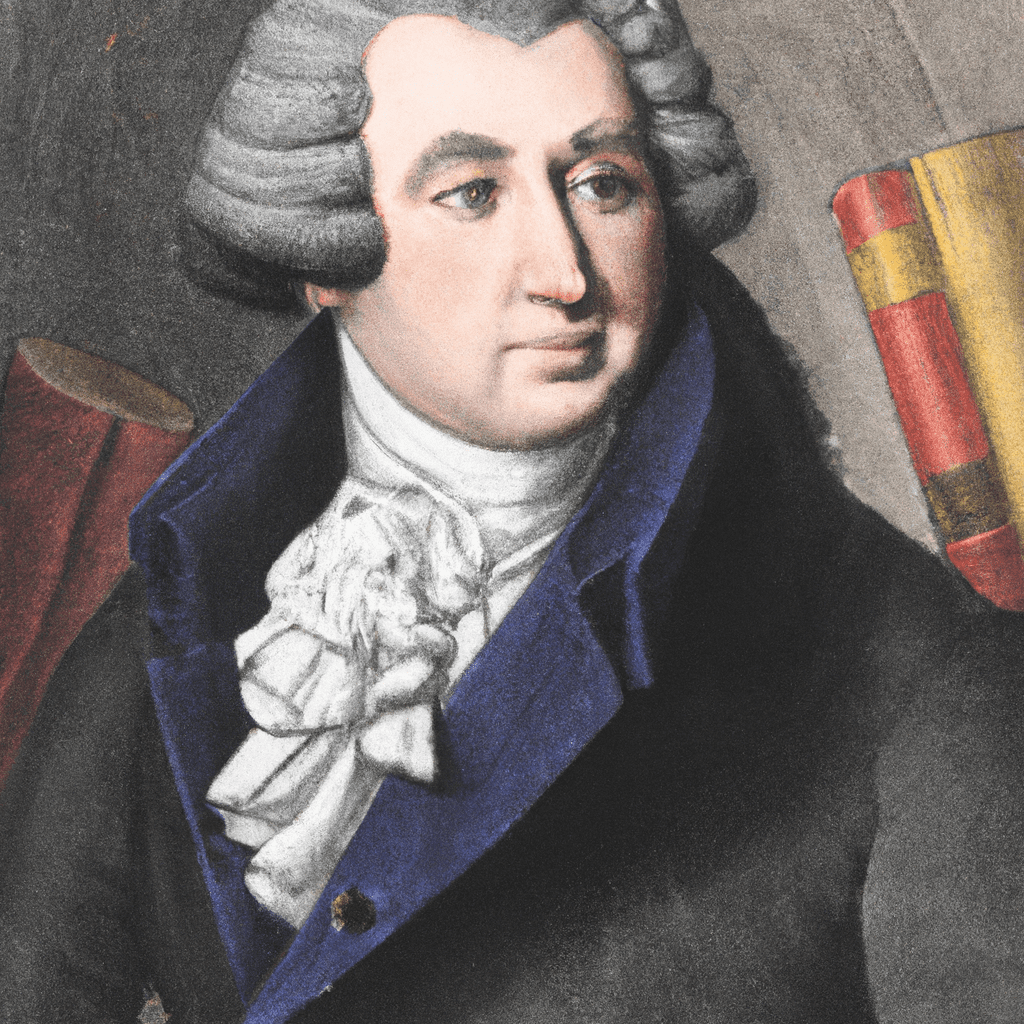Dialogical Logic Dialogical logic is an approach to logic in which the meaning of the logical constants (connectives and quantifiers) and the notion of validity are explained in game-theoretic terms. The meaning of each logical constant (such…
Browsing CategoryWiki Filosofía
Charles Hartshorne: Dipolar Theism
Charles Hartshorne: Dipolar Theism From the beginning to the end of his career Charles Hartshorne maintained that the idea that “God is love” was his guiding intuition in philosophy. This “intuition” presupposes both that there…
Giambattista Vico (1668—1744)
Giambattista Vico (1668—1744) Giambattista Vico is often credited with the invention of the philosophy of history. Specifically, he was the first to take seriously the possibility that people had fundamentally different schema of thought in…
William James (1842—1910)
William James (1842—1910) William James is considered by many to be the most insightful and stimulating of American philosophers, as well as the second of the three great pragmatists (the middle link between Charles Sanders…
Transcendental Arguments
Transcendental Arguments Transcendental arguments are partly non-empirical, often anti-skeptical arguments focusing on necessary enabling conditions either of coherent experience or the possession or employment of some kind of knowledge or cognitive ability, where the opponent…
Perspectivism in Science
Perspectivism in Science Perspectivism, or perspectival realism, has been discussed in philosophy for many centuries, but as a view about science, it is a twenty-first-century topic. Although it has taken many forms and even though…
Stoic Ethics
Stoic Ethics The tremendous influence Stoicism has exerted on ethical thought from early Christianity through Immanuel Kant and into the twentieth century is rarely understood and even more rarely appreciated. Throughout history, Stoic ethical doctrines…
Ethics of Artificial Intelligence
Ethics of Artificial Intelligence This article provides a comprehensive overview of the main ethical issues related to the impact of Artificial Intelligence (AI) on human society. AI is the use of machines to do things…
Margaret Cavendish (1623—1673)
Margaret Cavendish (1623—1673) Margaret Lucas Cavendish, the Duchess of Newcastle, was a philosopher, poet, playwright and essayist. Her philosophical writings were concerned mostly with issues of metaphysics and natural philosophy, but also extended to social…
Solomon Maimon (1753—1800)
Solomon Maimon (1753—1800) The enigmatic philosopher, Solomon Maimon, is an important figure in the development of the movement referred to today as German Idealism. Immanuel Kant recognized Maimon as the critic who perhaps best understood…

